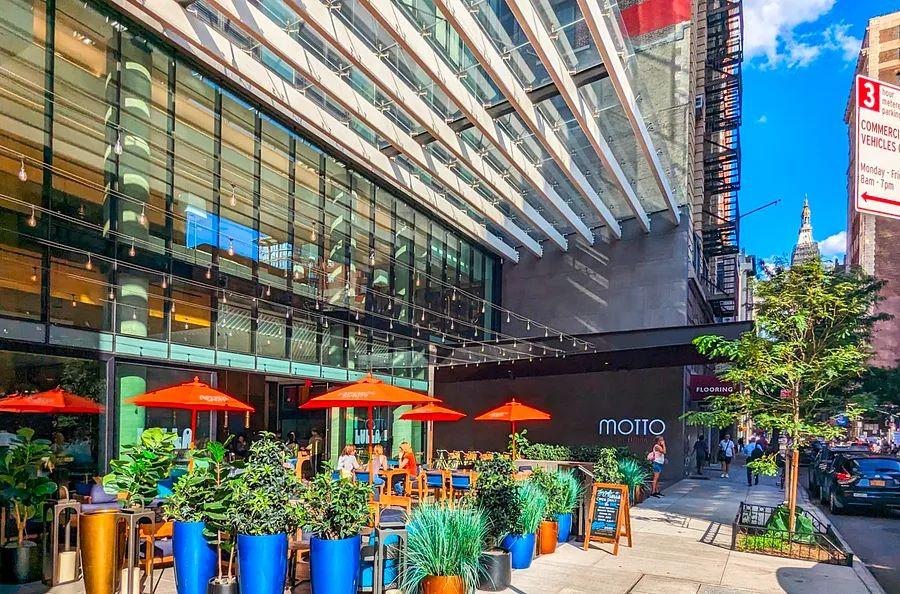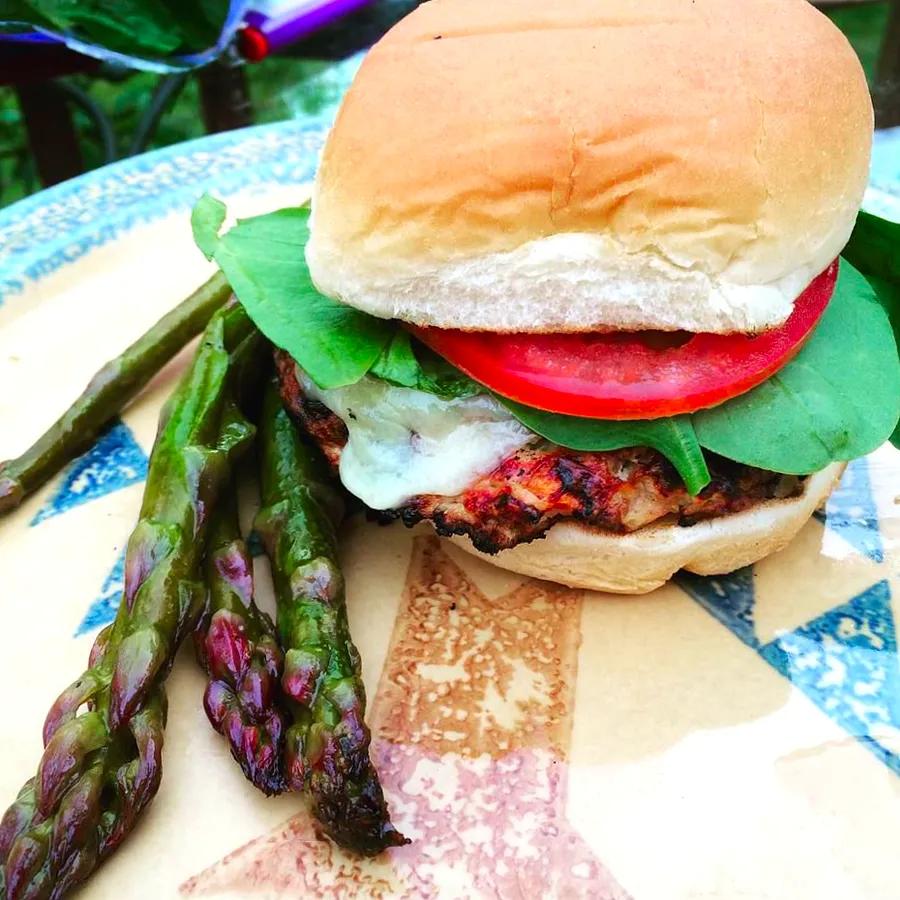Hilton and Airbnb Prepare for a Slowdown in Travel Demand: Here’s How to Make the Most of It


While lodging giants like Hilton and Airbnb are not currently struggling financially, signs indicate that the post-pandemic surge of high rates and limitless demand may soon come to an end.
This week, Hilton announced a profit of $422 million for the second quarter, while Airbnb reported a profit of $555 million for the same period. Both companies, catering to different travel needs, experienced strong demand leading up to their midyear reports.
The week of July Fourth marked the highest revenue week ever recorded for Airbnb in North America. Hilton is also benefiting from a resurgence in business and group travel demand—an experience echoed by executives at competitors like Marriott and Hyatt—along with the integration of new brands such as Graduate Hotels and NoMad, and fresh collaborations with AutoCamp and Small Luxury Hotels of the World.
However, there are some warning signs on the horizon as well.
Uncover amazing hotel discounts and expert insights through our daily newsletter.
After this week's earnings report, Airbnb's stock saw a decline, signaling a potential slowdown in bookings this fall due to "shorter booking lead times worldwide and hints of reduced demand from U.S. guests." Hilton CEO Christopher Nassetta acknowledged on the earnings call that while he's not overly concerned, there are "weaker trends in some international markets and a return to normal leisure growth," adding, "It’s not collapsing; it’s just softening."
This sentiment is reflected in the recent earnings calls of Hyatt and Marriott. Hyatt's CEO, Mark Hoplamazian, indicated that the company anticipates decreased demand through the fall, expecting a rebound as the holiday travel season approaches.
What does this mean for you?
While it's improbable that companies will drastically lower hotel prices or vacation rental rates, some promotions may emerge to stimulate demand. For instance, luxurious hotels like Raffles Boston are already offering enticing deals like a third night free for guests.
It’s quite possible we could see more of this trend — or even direct rate cuts — extending to other hotel market segments, particularly in the budget-friendly categories, where brands have faced challenges amid a decline in budget hotels. Choice Hotels, which includes names like Cambria and Comfort, is currently running a summer sale that offers discounts of up to 25% for stays of two nights or more.
Don’t get your hopes up too high regarding overall rate reductions. The prevailing thought post-pandemic has been that hotels hesitated to lower rates significantly, fearing they wouldn't be able to revert to normal pricing. Moreover, during the health crisis, lower rates didn’t necessarily equate to fuller hotels.
However, in more stable times, it’s feasible to see hotel prices drop to encourage travel. Recent inflation statistics from the U.S. indicate hotel rates have decreased by about 3% compared to last year. While this isn’t universally experienced, it does suggest that hotel owners are ready to lower prices to regain your business, especially with potentially tougher economic times ahead.
If you do a little research, you may find opportunities to save on a spontaneous fall escape to your preferred hotel or Airbnb.
Evaluation :
5/5



